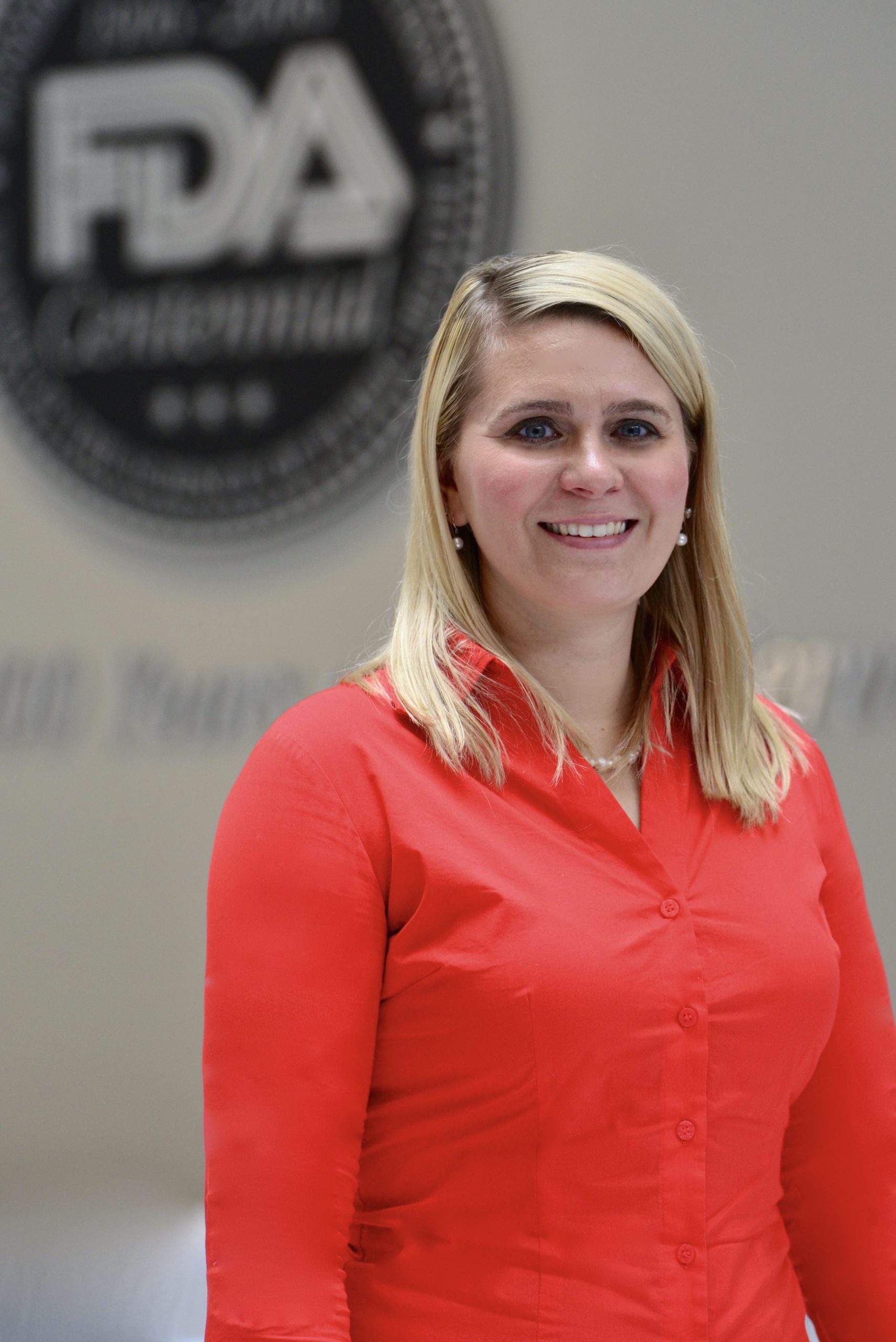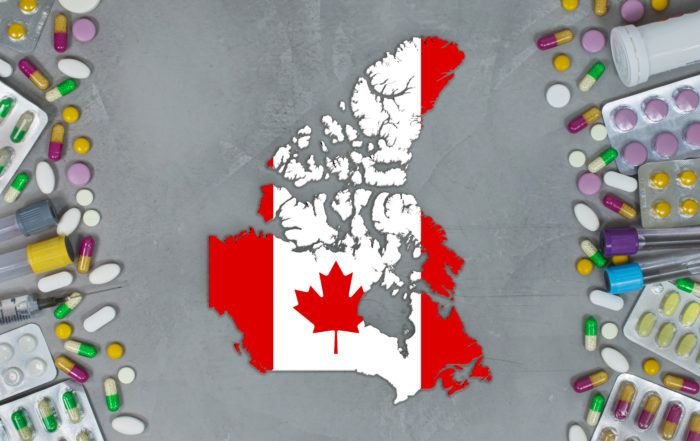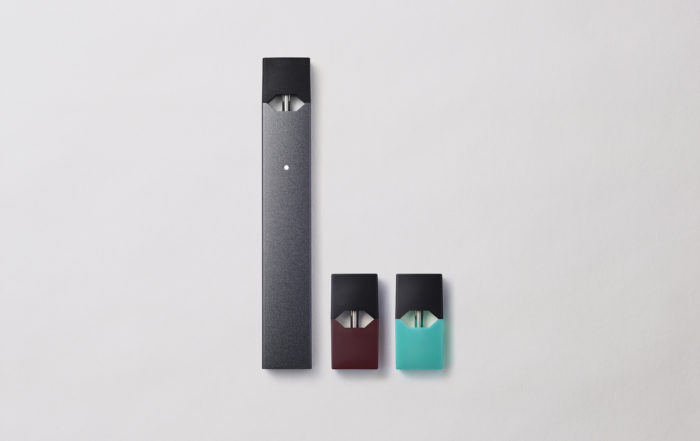
Cassandra Taylor, Ph.D and Amy Muhlberg, Ph.D
April 30, 2021
Dear Editor:
We appreciate the discussion of cannabis clinical research in the recent article, “Sourcing Cannabis Lawfully for CBD Consumer Products: Challenges and Opportunities” by Suzie Trigg, Steve Armstrong, and Joanna Pearce. The article presents an important discussion of the role of DEA in various aspects of cannabis cultivation, distribution, sampling and testing issues, among other topics. As the authors note, “Medical research involving marijuana comes with its own set of requirements.” Some of those requirements are within FDA’s purview, and we wanted to ensure that FDLI Update’s readers were aware of recent agency activity on this issue.
In July 2020, FDA issued a draft guidance for industry, “Cannabis and Cannabis-Derived Compounds: Quality Considerations for Clinical Research, Guidance for Industry,” to help support clinical research into development of cannabis and cannabis-derived human drug products. This draft guidance outlines FDA’s current thinking on several topics relevant to the development of cannabis and cannabis-derived human drug products: the source of cannabis and cannabis-derived compounds for clinical research and how this fits with existing FDA requirements; general quality considerations for developing drugs that contain cannabis and cannabis-derived compounds; and review practice regarding the calculation of percent delta-9 tetrahydrocannabinol (THC) in botanical raw materials, extracts, and finished products. FDA is currently reviewing the comments submitted to this draft guidance.
FDA supports sound, scientifically based research into the medicinal uses of drug products containing cannabis or cannabis-derived compounds and will continue to work with companies interested in bringing safe, effective, and quality products to market. Those interested in cannabis-derived and cannabis-related drug development are encouraged to review our web page, FDA and Cannabis: Research and Drug Approval Process, and to contact the relevant CDER review division and CDER’s Botanical Review Team (BRT) to answer questions related to their specific drug development program. The BRT serves as an expert resource on botanical issues and has developed the Botanical Drug Development Guidance for Industry to assist those pursuing drug development in this area. FDA also encourages drug developers to meet with FDA early in their development programs—ideally, before submitting an investigational new drug (IND) application. The pre-IND meeting is an opportunity to obtain FDA input on research plans and required content for an IND submission. The pre-IND meeting can be valuable in planning a drug development program, especially if developers’ questions are not fully answered by guidances and other information provided by FDA. Early interactions with FDA staff through a pre-IND meeting can answer sponsors’ questions related to a specific drug development program and provide information that will assist them in preparing complete IND applications.
Additional FDA web resources that may be useful to those interested in developing medical products that contain cannabis or cannabis-derived compounds include:
- Investigational New Drug (IND) Application, which contains resources for preparing and submitting an IND;
- Pre-IND Consultation Program, which describes how to obtain a meeting to obtain guidance on the data necessary to warrant IND submission;
- New Drug Application (NDA), which describes how drug sponsors formally propose that FDA approve a new pharmaceutical;
- Better Data for a Better Understanding of the Use and Safety Profile of Cannabidiol (CBD) Products, which provides a brief overview of our work on CBD and a framework for building a more robust evidentiary foundation to inform public health decisions; and
- FDA Regulation of Cannabis and Cannabis-Derived Products, Including Cannabidiol (CBD), which includes a robust FAQ section as well as links to other regulatory resources.
We recognize that there is considerable interest in marketing and accessing CBD in a variety of products. As part of our work, the FDA continues to explore potential pathways for various types of CBD products to be lawfully marketed. While that is not the subject of today’s letter, we emphasize that an important component of this work is obtaining and evaluating information to address outstanding questions related to the safety of CBD products that will inform our consideration of potential regulatory frameworks for CBD while maintaining the FDA’s rigorous public health standards. Our goal is to provide additional guidance, and we have made substantial progress. However, many questions remain regarding the science, safety, effectiveness, and quality of products containing CBD. Our first priority is to protect the health and safety of Americans.
Sincerely,
Cassandra Taylor, Ph.D and Amy Muhlberg, Ph.D
Center for Drug Evaluation and Research
U.S. Food and Drug Administration, Silver Spring, MD
Update Magazine
Summer 2021


 AMY MUHLBERG is a staff fellow in the Center for Drug Evaluation and Research at the U.S. Food and Drug Administration.
AMY MUHLBERG is a staff fellow in the Center for Drug Evaluation and Research at the U.S. Food and Drug Administration.





